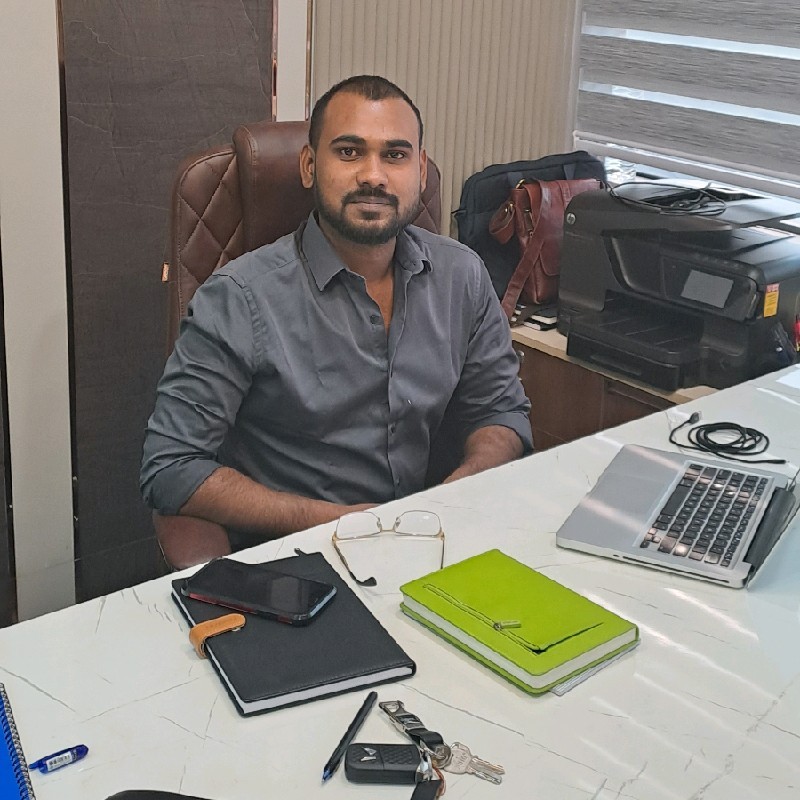In a candid conversation, Naman Mishra, Founder of Sedax, shared how a frustrating travel experience with physical ID checks inspired him to launch the company. With a strong foundation in technology and data security, Mishra built Sedax to revolutionize digital identity verification using blockchain and Zero-Knowledge Proofs.
What motivated you to start Sedax, and how did your background in technology and data security influence the company’s direction?
My journey with Sedax was sparked by a personal experience that exposed the inefficiencies and risks of traditional identity verification. While traveling, I encountered the inconvenience and security concerns of submitting physical ID copies, such as Aadhaar, for hotel check-ins. This drove me to develop a solution that prioritizes data privacy and security. With a strong background in technology and data security, I was able to harness advanced technologies like blockchain to shape Sedax into a platform that empowers individuals and businesses with secure, decentralized digital identity services.
How does Sedax leverage blockchain technology to enhance data privacy and prevent fraud?
At Sedax, we leverage blockchain’s decentralized framework to safeguard data privacy and prevent fraud. By integrating Zero-Knowledge Proof (ZKP) technology, we enable verification without revealing personal information, ensuring users maintain full control over their data. Additionally, blockchain’s transparent and immutable ledger creates a secure, tamper-proof record of verifications, further reducing the risk of breaches and unauthorized access.
What makes blockchain an ideal solution for identity verification compared to traditional systems?
Blockchain is ideal for identity verification because it eliminates the reliance on centralized data storage, which is often a target for cyberattacks. It allows for selective sharing of information, ensuring that only the necessary data is shared with verifiers. This not only enhances security but also gives users greater control over their personal information. Traditional systems, on the other hand, often require individuals to surrender their data entirely, creating unnecessary security risks.
Sedax offers a decentralized digital identity verification system. How does this system work, and what advantages does it offer over traditional KYC processes?
Our decentralized system operates by allowing users to securely store their identity data on a blockchain. When verification is needed, users can share only the required information with verifiers through encrypted channels. This approach eliminates the need for physical documents and reduces the risk of data misuse. Compared to traditional KYC processes, our system is faster, more secure, and ensures compliance with data privacy regulations like the DPDP Act.
Can you explain how integrating with platforms like DigiLocker improves the security and convenience of KYC?
Integrating with platforms like DigiLocker boosts security and convenience by enabling seamless access to and sharing of verified documents. As a trusted repository for government-issued records, DigiLocker ensures that users can securely share their credentials through its integration with Sedax while maintaining privacy. This integration not only simplifies the KYC process but also minimizes dependence on physical documents, enhancing efficiency and user experience.



